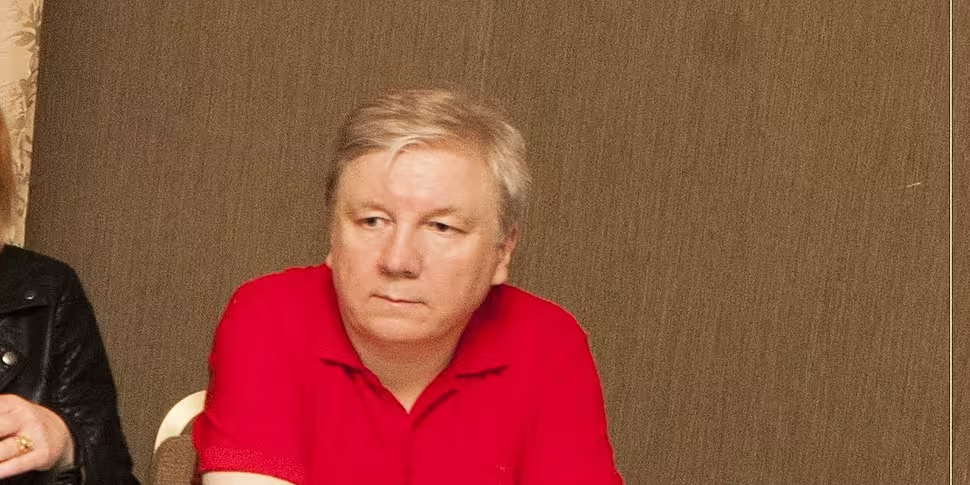A campaigner says assisted dying is already taking place in Ireland, even though the legislation is not there.
Michael Nugent, the head of Atheist Ireland, was speaking after new legal concerns were raised over a proposed law.
The Dying with Dignity Bill is currently being reviewed by the Oireachtas Justice Committee after a Dáil vote in October.
A confidential legal opinion from the Office of Parliamentary Legal Advisers, seen by the Irish Times, raised concerns about the bill - including that parts of it would be vulnerable to a constitutional challenge.
It also identifies "ambiguities and serious drafting errors" in a number of sections.
Mr Nugent told Lunchtime Live it is a question of the law catching up to reality.
"It's been 10 years since my late wife Anne died while campaigning on this issue, it's been eight years since the Supreme Court found - in Marie Fleming's case - that the Oireachtas can legislate for it.
"It's been going on for ages, there's no need to continue it and debate any longer than is necessary.
"Obviously it has to go through the legislative process... however long it take is however long it takes.
"But it's going to happen, it's inevitable.
He says the legislation is needed to regulate what is already going on.
"It's like the abortion issue - it's already happening, it's not a case of legislating to enable something to happen.
"It's legislation to regulate something that's already happening.
"Every year many good, law-abiding people face an ethical dilemma between lawful suffering and unlawful compassion.
"They face it at a time when they're at their most vulnerable and they need the most support.
"And unfortunately, what happens in reality, is they have to act in accordance with their own conscience."
'Quality of life and peace of mind'
In the case of his wife Anne Holliday, who died in April 2011, he says: "She decided that she wanted to have the option of dying peacefully and painlessly and avoid unnecessary suffering.
"She decided that if she reached that stage she would end her own life - and I would have helped her to do that.
"And once she had made that decision, her quality of life absolutely soared because she didn't have that worry.
"Some people obviously do end their lives because of that, but like most people who make that decision Anne died naturally in the end.
"The right to die, it's not just about the act of dying, it's about the extra quality of life and peace of mind that you have while you're still alive".
And he says ultimately it is ethically the right thing to do.
"What legislation will do is it will regulate something that's already happening.
"Take an issue of another example: the issue of suicide that isn't assisted.
"That was was decriminalised and the same issues were raised about slippery slopes and so on.
"All that happened when suicide was decriminalised is people felt more open to discuss it without fear of prosecution.
"They're able to talk about it, people will be able to access reliable information.
"The benefits of enabling rational, terminally ill people to have the option of how they want to die rather than whether they want to die is an ethically positive move".
The bill was originally introduced by Solidarity/People Before Profit TD Gino Kenny last year.
He told Lunchtime Live: "There is plenty of legislation that can be constitutionally challenged.
"That's nothing new, but I firmly believe that this can be overcome.
"If the Office of Parliamentary Legal Advisers had said 'There's a huge constitutional issue here', as in we need to change the Constitution, that's not the case.
"The Fleming [case] against the State in 2013 - that stipulated that you don't need a constitutional referendum to change the law around voluntary assisted dying, it can be done through the Oireachtas.
"And that's the reason why I put the bill forward last October".









